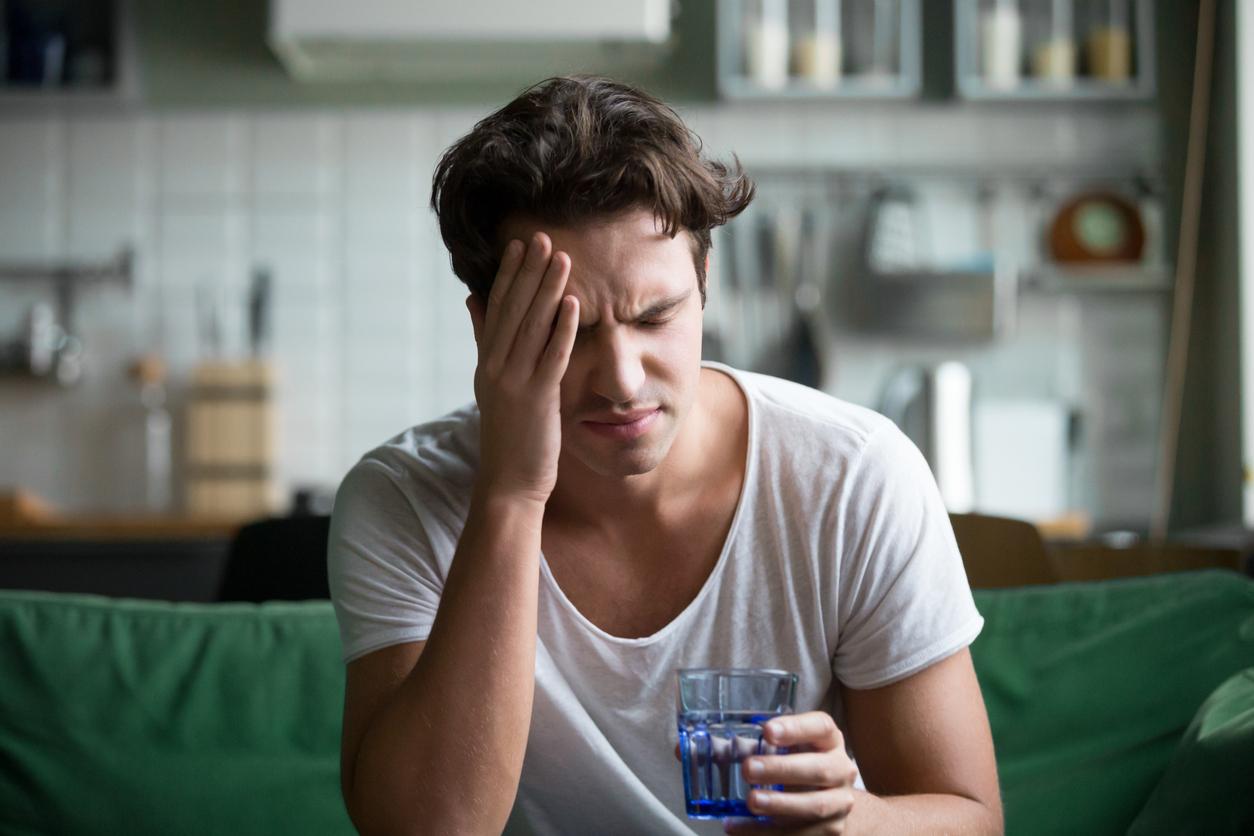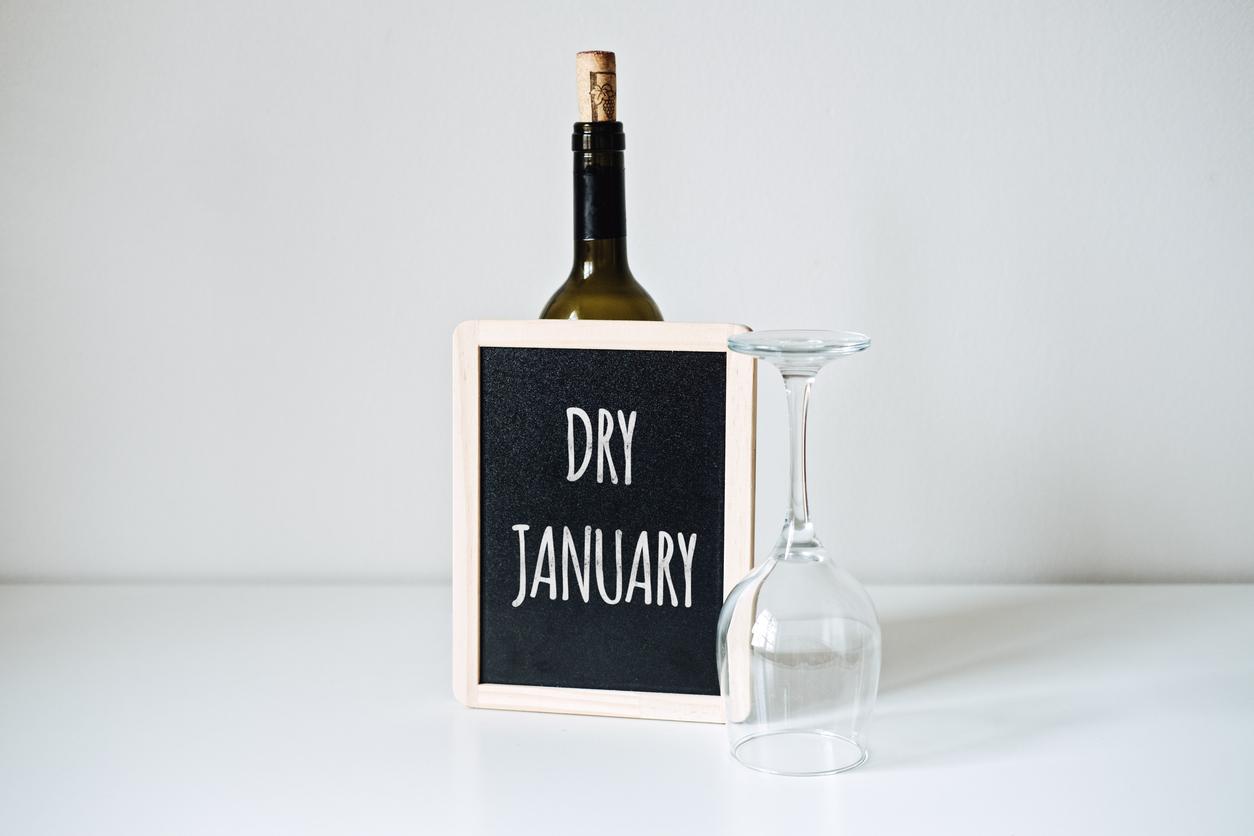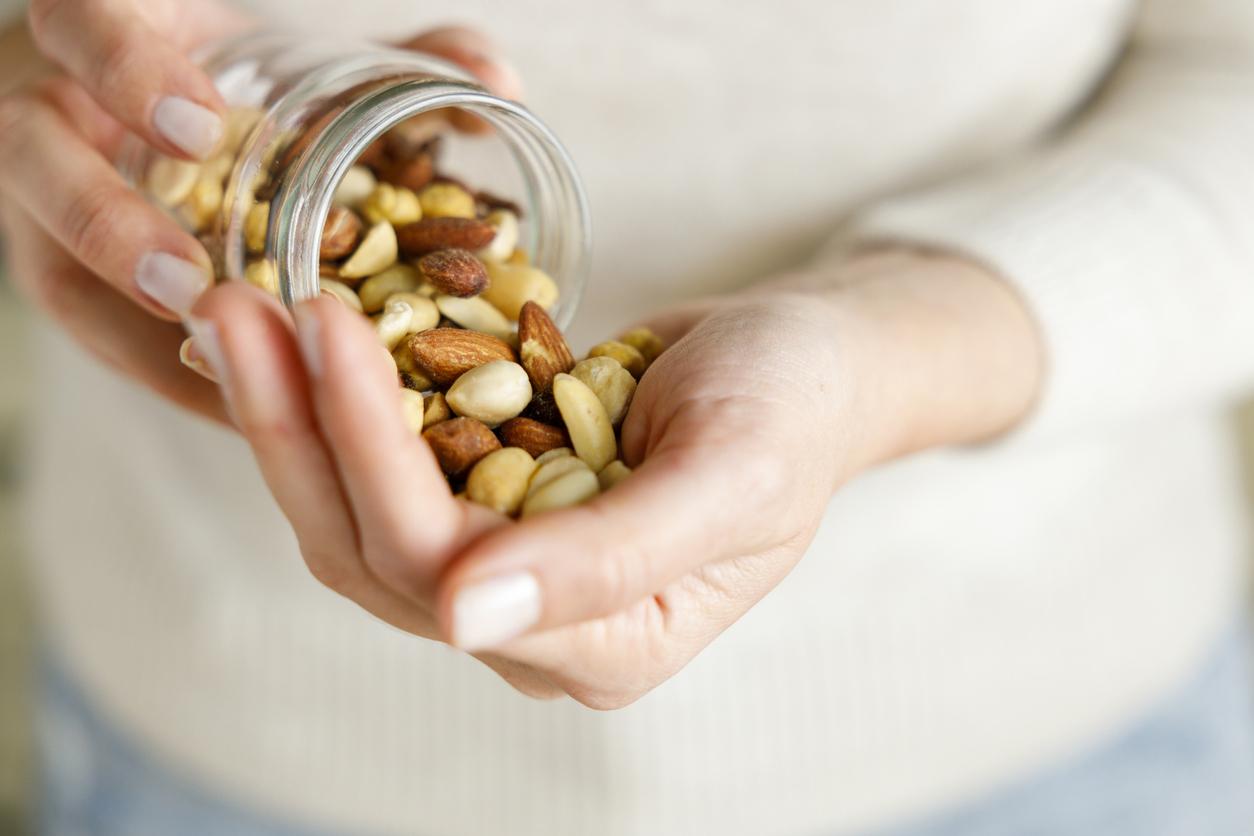The microdosing of alcohol to boost creativity, sociability or even performance is a fantasy.

- The Danish film Drunk suggests consuming 0.05% alcohol to increase creativity.
- Maintaining such a low level seems impossible since the body strives to eliminate alcohol.
- Over time, doses would need to be increased quickly to achieve the same effects.
- According to INSERM, a single glass of alcoholic beverage a day has a deleterious effect on health
The Danish film DrunkWhere Another Round in its original version, features a professor and his friends who decide together to challenge themselves: to stay moderately drunk all day to see how it affects their social and professional performance. This experiment is then based on the advice of a psychiatrist who claims that people have a natural lack of alcohol and that a blood alcohol level of 0.05% makes them more creative and more relaxed. And the first effects on the film’s characters seem to prove him right: feeling of well-being, fulfillment, better productivity…
A level of consumption almost impossible to maintain
Drunk remains a film and Finn Skårderud, its director, very quickly wanted to clarify things when the film was released: it is a fiction and no, our species was not born with an alcohol deficiency in the blood. In The Conversation, Harry Sumnall, a professor of drug addiction at John Moores University in Liverpool, confirms that consuming very small amounts of alcohol is not a good solution. “Blood alcohol content is influenced by many factors: the alcohol content of the drink, the speed at which you drink, your gender, your body mass index (BMI) and the state of your liver.he says. To keep to the famous 0.05%, a 70 kg man should drink a pint (568 ml) of 4% beer or a large glass (250 ml) of wine.”
Maintaining a concentration of 0.05% is nearly impossible as the body struggles to eliminate alcohol through breath, sweat and urine. “It would require regular and measured consumption throughout the day, which means that daily and weekly unit consumption would quickly exceed the maximum recommended levels.“, continues the researcher. This is also what happens in the film where the doses drunk increase rapidly to the point that consumption quickly becomes uncontrollable.
Deleterious effects from the first glass
The British addictions professor, however, notes some positive traits associated with low-dose alcohol consumption. This allows in particular toincrease sociability, helping people create and maintain new friendships and professional networks.” It would also increase relaxation and feelings of self-confidence and allow for more creative and diverse problem-solving strategies.
For the rest, alcohol remains harmful to health, even at low doses. At the beginning of the summer, Inserm recalled that even a drink has a deleterious effect on health. The issue of microdosing is itself problematic. Over time, it will take more of the drug to get the same effects since you have to drink more and more to maintain the hoped-for positive effects. “The harms of regular alcohol consumption are well known. They are linked to a series of cancers, digestive diseases and other health and social harms, both for the drinker and for others.”, adds Harry Sumnall.
.















